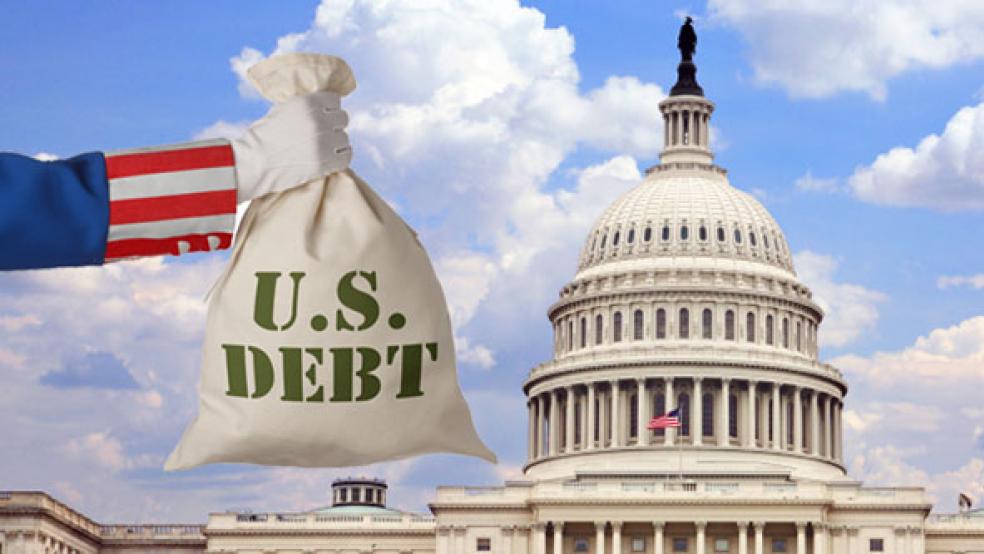Renowned macroeconomist Olivier Blanchard says that policymakers may need to fundamentally revise their views on the long-term cost of government debt.
Delivering the presidential address at last week’s meeting of the American Economic Association, Blanchard said that his recent research reached “strong, and, I expect, surprising, conclusions” that suggest that the fiscal cost of issuing government debt may be close to zero when interest rates are low. The overall cost to the economy appears to be relatively modest as well, the economist said, and as a result, the recent increase in the national debt may be far less worrisome than many critics have assumed.
“What do I want you to go away with? Not the notion that debt is good but that debt might not be so bad,” Blanchard said.
The big picture: Blanchard, a senior fellow at the Peterson Institute for International Economics and an emeritus professor at MIT, found that as long as interest rates are below the growth rate of nominal GDP — a situation that he says is “more the historical norm than the exception” — additional public debt can be issued without raising taxes. Governments can simply roll over debt as it comes due, as the U.S. has done for years, with economic growth producing enough additional wealth to cover the ongoing expense.
Given this conclusion, public debt should be seen as an important policy tool, although one that still comes with risks. “You can use it, if you use it wisely,” Blanchard said. And he made it clear that he was not arguing for higher debt, but rather “a richer discussion of debt policy and appropriate debt rules than is currently the case.”
Fiscal doves rejoice: Economists on the left hailed the analysis. Paul Krugman said the paper suggests "debt looks like a hugely overblown issue, and the way debt displaced unemployment at the heart of public debate in 2010-2011 just keeps looking worse." And Jared Bernstein, former chief economist for Vice President Biden, wrote that Blanchard’s paper “injects some extremely important facts into discussions about fiscal policy that have long been characterized by assertions, biases and fearmongering. If we learn and apply the lessons I take from this paper, we can stop making mistakes that have been terribly costly to the well-being of millions of people.”
But the path ahead is still murky: At the same time, critics worried about the debt said that, as Blanchard himself made clear, the analysis does not provide a green light for the unlimited borrowing. Former Treasury economist Ernie Tedeschi said that what really matters is how public debt is used: “There’s a material difference between financing one-time or time-limited high ROI policies like infrastructure with debt, and financing ongoing / perpetual consumption transfers with debt.” And some fiscal hawks are unlikely to be convinced by Blanchard’s sanguine conclusions. Jumping into the debate over Blanchard’s paper, the Committee for a Responsible Federal Budget reiterated its view Friday that the national debt represents a serious threat to the nation’s financial well-being. Promoting its latest analysis, CRFB’s Marc Goldwein tweeted, “Want to increase average income by $6,000 per person per year? Reduce the federal debt.”
Read Blanchard’s prepared remarks here and watch a video of the lecture here.




